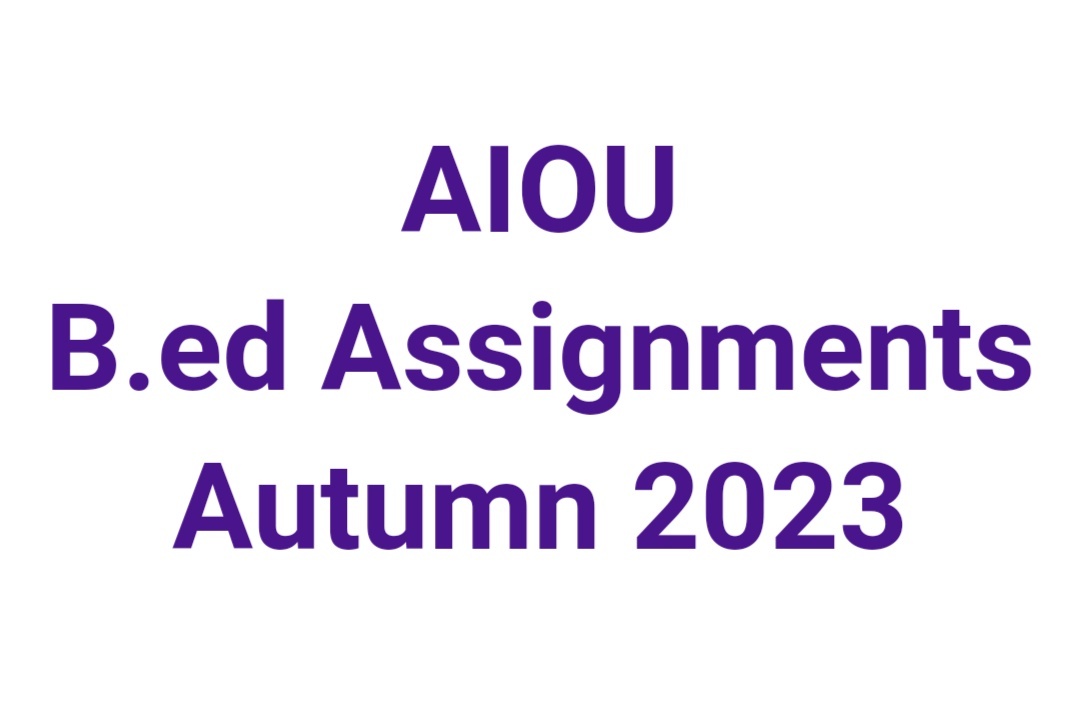Norms in a community are established guidelines, rules, or expectations that dictate acceptable behaviors, beliefs, values, and social interactions within that society. These norms serve as a framework for social conduct, shaping the behavior and functioning of individuals, groups, and the overall society.
Types of Norms in a Community:
Social Norms:
- Behavioral Expectations: They define how individuals should behave in various social situations, setting standards for appropriate conduct.
- Examples: Greetings, manners, dress codes, and social etiquette.
Cultural Norms:
- Cultural Practices: They encompass traditions, rituals, customs, and values specific to a particular culture or community.
- Examples: Celebrations, religious practices, language use, and familial roles.
Legal Norms:
- Laws and Regulations: Legal norms are formal rules established by authorities to maintain order, justice, and governance within a society.
- Examples: Traffic laws, property rights, criminal codes, and contractual agreements.
How Norms Shape Society:
Social Order and Cohesion:
- Establishing Boundaries: Norms create boundaries and expectations for behavior, fostering social order and predictability within a community.
- Promoting Unity: Shared norms promote a sense of belonging, unity, and cooperation among community members.
Social Control and Regulation:
- Enforcing Behavior: Norms guide and regulate behavior, influencing individuals to conform to societal expectations.
- Maintaining Stability: They provide a framework for resolving conflicts, reducing deviant behavior, and maintaining social stability.
Cultural Identity and Preservation:
- Preserving Heritage: Cultural norms preserve cultural identity, heritage, and traditions within a community.
- Transmitting Values: They transmit societal values, beliefs, and knowledge from one generation to the next, shaping cultural identity.
Facilitating Cooperation and Interaction:
- Facilitating Interaction: Norms enable smooth interactions, communication, and cooperation among individuals, promoting social harmony.
- Establishing Reciprocity: They encourage reciprocity and mutual respect, fostering trust and cooperation among community members.
Evolution and Adaptation:
- Adaptation to Change: Norms evolve over time, adapting to societal changes, technological advancements, and shifting cultural landscapes.
- Influencing Change: Norms can influence societal change by challenging existing norms or advocating for new ones to address emerging issues.
Impact on Individual Behavior:
Socialization and Guidance: Norms guide individuals' behaviors from a young age through socialization within families, schools, and communities.
Conformity and Deviance: Individuals conform to norms to fit in and gain acceptance, but some may deviate, leading to social sanctions or changes in norms over time.
In essence, norms in a community act as guidelines that shape and regulate social behavior, fostering order, cooperation, and cultural identity within society. They play a fundamental role in establishing social norms and reinforcing collective values that contribute to the overall functioning and cohesion of communities and societies.





0 Comments